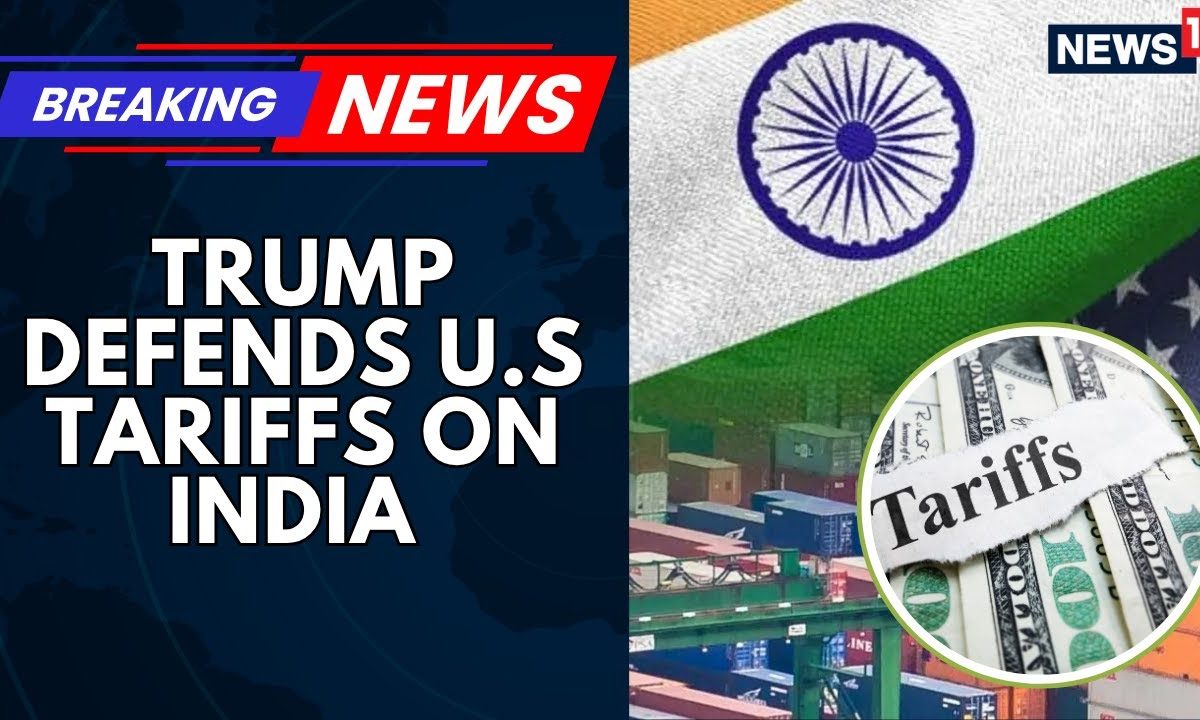

Amidst ongoing geopolitical tensions, former U.S. President Donald Trump has asserted that his administration's tariff policies are significantly impacting the Russian economy. Trump specifically pointed to tariffs imposed on India for its purchase of Russian oil, stating these measures have dealt a "big blow" to Moscow. This declaration comes as the U.S. seeks to exert pressure on Russia, particularly in light of the continuing conflict in Ukraine.
Trump highlighted the 50% tariffs levied on India, which include a base tariff and an additional levy targeting Russian oil imports. He characterized India as one of Russia's largest oil buyers and suggested that these tariffs are disrupting the Russian economy. Speaking at the White House, Trump stated that Russia's economy is "not doing well" and has been "very well disturbed" by the tariffs. He added that Russia has "tremendous potential" but needs to focus on building its own country.
The tariffs on India are explicitly linked to India's continued import of Russian oil, which the U.S. views as undermining sanctions and supporting Russia's military efforts in Ukraine. An executive order was signed to impose the additional 25% tariff on Indian imports,叠加在 previously announced tariffs. India, however, has criticized these tariffs as "unfair, unjustified, and unreasonable". India's Ministry of External Affairs has reiterated that its energy imports are driven by market factors and are essential for securing energy supplies for its large population.
Trump's stance also extends to other nations. Vice President JD Vance indicated that the U.S. is considering similar tariff measures against China for its Russian oil imports. China's imports of Russian oil have risen, reaching over $10 billion in July. China has defended its energy trade with Russia as legitimate and lawful.
These tariff actions are occurring against the backdrop of ongoing efforts to resolve the conflict in Ukraine. Trump is scheduled to meet with Russian President Vladimir Putin in Alaska on August 15, with the aim of facilitating a ceasefire. Trump has expressed that European leaders are eager to see the conflict resolved so they can focus on their own economies.
The implications of these tariffs are far-reaching. For India, key sectors like textiles, jewelry, and auto parts are expected to be heavily impacted. The 50% tariff rate is set to take effect on August 27, leaving a window for potential negotiations. Some experts suggest India should focus on reducing its own tariffs to better integrate into global markets.
The U.S. approach of using secondary tariffs carries risks. While the aim is to isolate Russia's economy, these measures could also affect the U.S. and its allies. The situation remains dynamic, with ongoing discussions and potential for further developments.